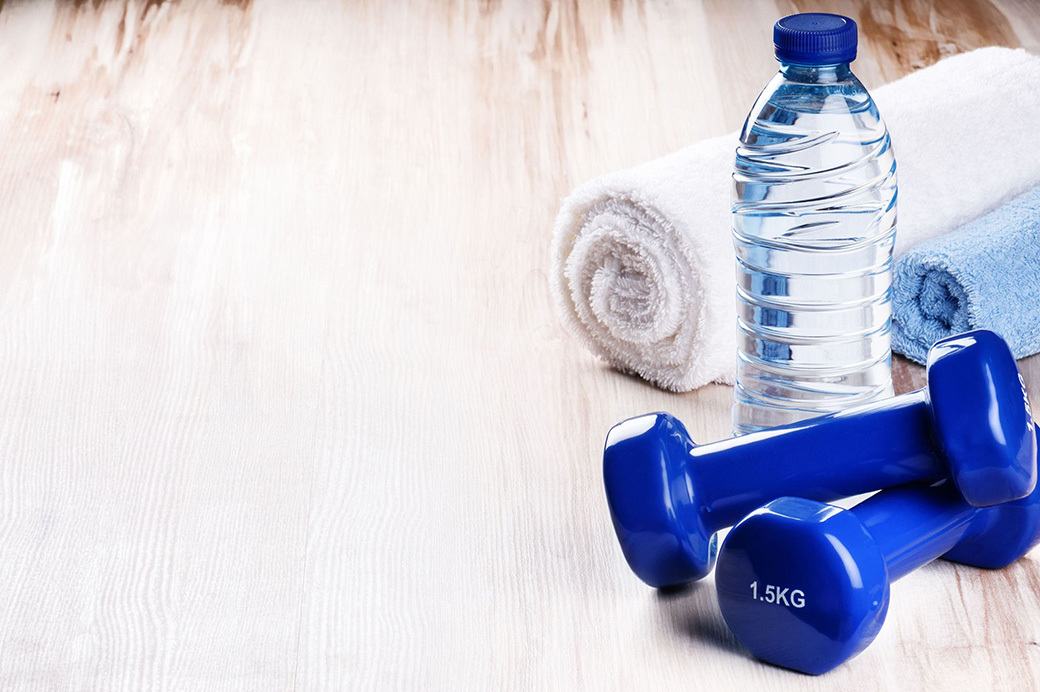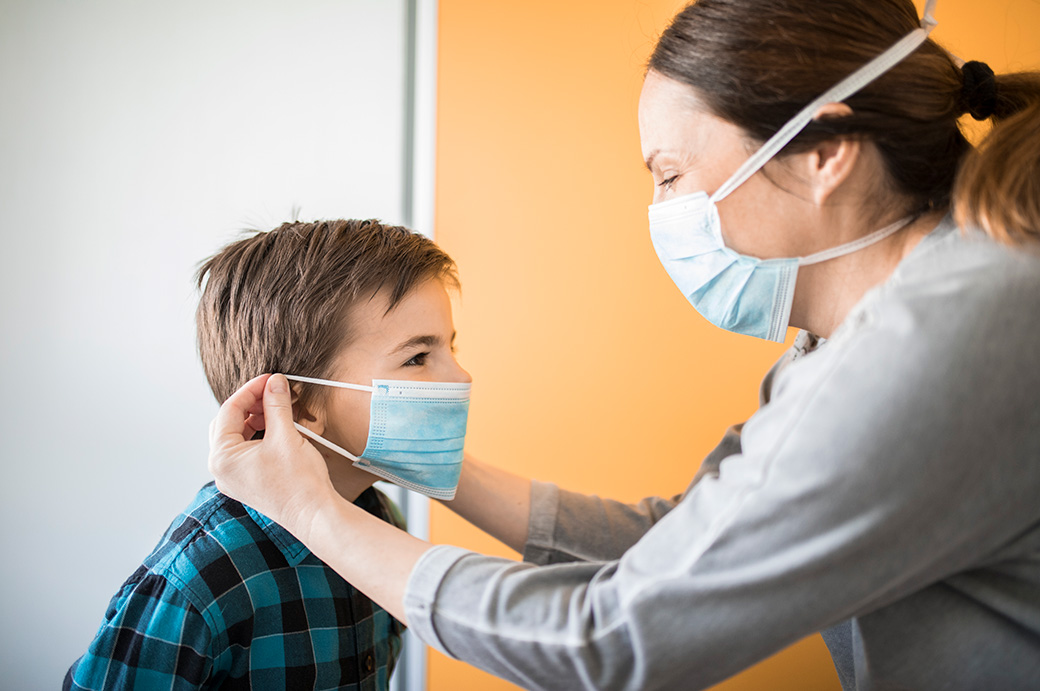Exercise is defined as any body movement that makes your muscles work and requires your body to use calories. There are a variety of different types of physical exercise including running, walking, swimming, lifting weights, dancing and many others. You are likely aware of the physical health benefits that come with regular exercise such as weight control, lower blood pressure, reduced risk of diabetes, and increased energy. But did you also know that there are important mental health benefits from exercise? Regardless of age or fitness level, research shows that making time for exercise provides some serious mental health benefits.



